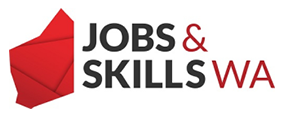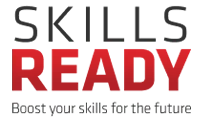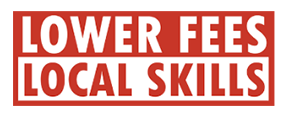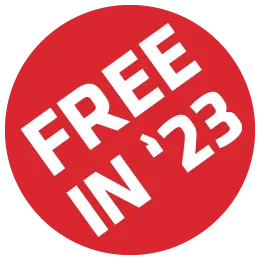CHC30121 – Certificate III in
Early Childhood Education and Care
-
I am a Domestic Student
For the purpose of enrolment, IHNA considers you a ‘Domestic’ student if you are an Australian citizen, a permanent resident of Australia, a New Zealand citizen, or a holder of a permanent humanitarian visa.
-
I am an International Student
For the purpose of enrolment, IHNA considers you an ‘International’ student if you are not a citizen or a permanent resident of Australia; not a citizen of New Zealand; or not a permanent humanitarian visa holder.
-
Enrol Now





















